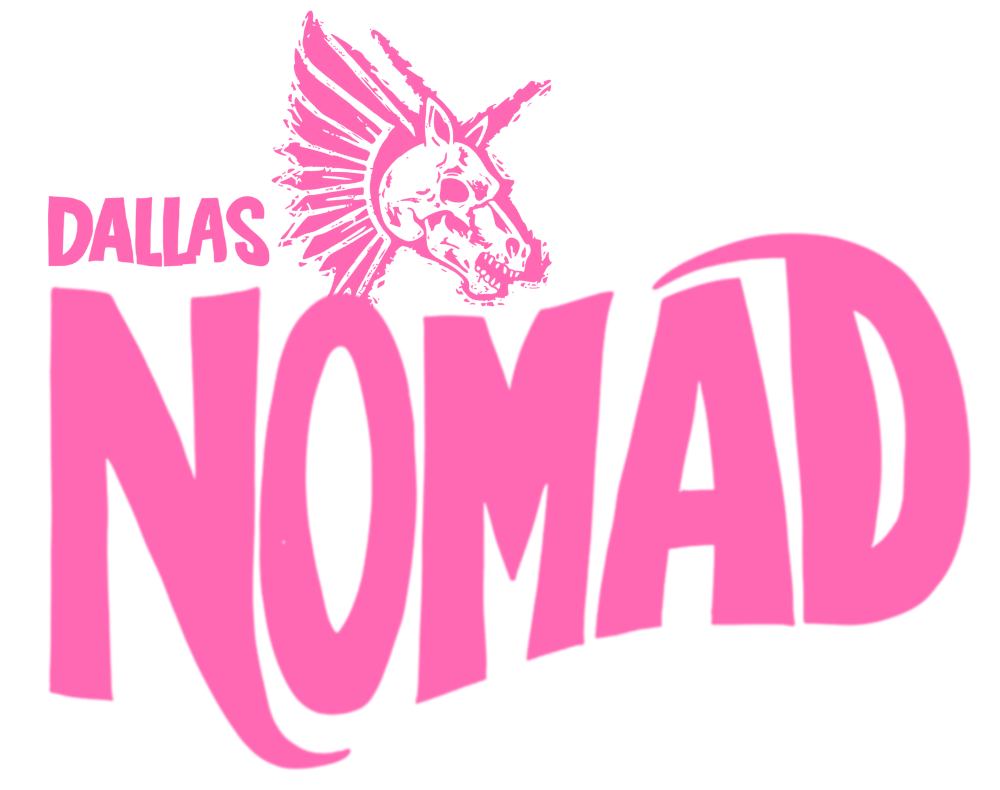The Colonizer’s Playbook: Resource Extraction and its Propaganda Across the Bush/Trump Eras
Across administrations, parasitic resource extraction is a well-used avenue from a centuries old playbook.

Across administrations, parasitic resource extraction is a well-used avenue from a centuries-old playbook.
Sanctions on Iran’s oil networks remain in play following recent attacks on the state in the Persian Gulf.
After Trump approved an airstrike on Iran’s nuclear sites on June 21, the president referred to Iran as the “bully of the Middle East,” but expressed dispassion in a full-scale war. However, interest in its oil industry balanced with distrust of leadership shows parallels with previous aims of resource extraction.
In 2003, then President George Bush sent an army into Iraq on a similar basis, declaring that the invasion was driven by the imminent threat presented by Iraq, which the United States asserted possessed weapons of mass destruction. He also emphasized putting an end to the dictatorial regime of then Iraqi President Saddam Hussein. There remains no definitive proof that Hussein was in possession of WMDs . In the same capacity, CNN reported that there were alleged nuclear sites that were untouched by Trump’s airstrike, places that could still pose a threat to American safety.
“Manufactured consent,” a term coined by Noam Chomsky and Edward S. Herman, refers to this use of mass media to manipulate the perspective of the public to serve the needs of the elite.
“It is much more difficult to see a propaganda system at work where the media are private and formal censorship is absent,” Herman and Chomsky state. This is especially true where the media actively compete, periodically attack and expose corporate and governmental malfeasance, and aggressively portray themselves as spokesmen for free speech and the general community interest. What is not evident (and remains undiscussed in the media) is the limited nature of such critiques, as well as the huge inequality in command of resources, and its effect both on access to a private media system and on its behavior and performance.”
News outlet Reuters, which stated that Iran is using drug traffickers to create unspecified trouble, backed its claims with no evidence. Without confirmation, CNN also implied in a statement that there are secret nuclear sites somewhere in Iran, just as it implicated Iraq of holding biological weapons in 2002 through expert statements.
Propaganda and rhetoric arousing suspicion of a violent ruling body was also employed during the Bush presidency throughout the Iraq War:
“The United States and its coalition partners respect the people of Iraq. We are taking unprecedented measures to spare the lives of innocent Iraqi citizens, and are beginning to deliver food, water and medicine to those in need. Our only enemy is Saddam’s brutal regime – and that regime is your enemy as well.“
In “The War on Muslim Bodies: A Critique of Western Feminism,” writer Maheen Haq states that in order to create a justification for colonization, the US will foster an idea that women of color are helpless victims. The wave of post-9/11 Islamophobic media fed into this idea even further. In TV, film, and in the news, if a woman of color wore a hijab it was a symbol of oppression. While these sentiments weren’t directly expressed by Bush, his insistence that the people of Iraq needed freeing specifically by America expressed an intolerance for conservative or devout muslims.
“In spite of the fact that social practice varies widely,” Haq states. “Many non-Muslims have tended to view Islam – and particularly women’s roles – as fixed and homogenous, and western cultures produce a set of assumptions and representations about the Islamic practice of covering for women which construct it as a symbol of backwardness, religious fundamentalism, male oppression, and terrorism.”
The broad strokes construction of Islamic society as wholly chauvinistic and authoritarian shows parallels with the depiction of American Indigenous culture as savage and violent. And similarly, Christofascism in the Trump era emulates preceding motivations behind forced assimilation. As resource extraction occurs as an extension from colonization/imperialist efforts, patterns in rhetoric occur.
Islamophobia and in turn colonialism has followed this cycle across centuries. Activist Deepa Kumar cites chansons de geste, a form of epic French poetry where muslim people were portrayed as monstrous, as an example of how islamophobia has been linked to the rise of the European empire. Then, you have Napoleon Bonaparte’s conquest of Spain in 1798, which exemplifies the liberal Islamophobia that even anti-Trump democrats may play into. Bonaparte went to Egypt, according to Kumar, having read the Quran and arguing that he wanted to push back against the Ottoman empire. Then, you have the media depiction that spawned from Bonaparte’s conquest, Visiting the Plague Victims of Jaffa, which portrayed him in the middle surrounded by Egyptian people looking at him in awe. These depictions, and their correlation to colonization laid the groundwork for the relationship in the media between Arab Muslims and white people.
Bush, at the time of Iraq’s invasion seemingly had more support from not only Republicans, but from congress overall. Trump on the other hand is getting a more divisive response. But it should be noted it is not out of response for the people. It’s more so about the lack of congressional approval.
“The President’s disastrous decision to bomb Iran without authorization is a grave violation of the Constitution and Congressional War Powers,” Congresswoman Alexandria Ocasio Cortez said on X. “He has impulsively risked launching a war that may ensnare us for generations.”
The extent of the fallout from Trump’s actions could be softened due to the Islamophobia already gripping America.
Historically, the US has maintained a presence to ensure the extraction of resources while holding a position of power in the Middle East. Both American and Israeli economies have been consistently dependent on the oil industry. US oil corporations ExxonMobil and Chevron, produce a total of over 4 billion barrels of oil per day as the first and second largest oil companies in this country. And as crude oil is our largest import at 66%, its steady flow from drilling sites across the Middle East helps to feed the industry accordingly. Israel, a country that has limited domestic oil, contracted Chevron-affiliated Houston oil company Noble to access the gas reserves in occupied Gaza. And as Iran’s Strait of Hormuz holds ships that carry 20% of the world’s oil supply daily, it effectively shoulders a significant portion of the global market.
This avenue of resource extraction has been consistent in US global affairs. In 1954, the US carried out a coup known as the “Banana Massacre,” in an attempt to overthrow the Guatemalan government to preserve the interests of the United Fruit Company. In 1973, the US carried out a coup against Chile in an attempt to keep then President Salvador Allende from nationalizing US-owned copper mines operating in Chile. Whether helmed by Eisenhower, Nixon, Bush, Trump, or any president for that matter, resource extraction efforts have sustained the US colonial empire for the entirety of its modern era.





